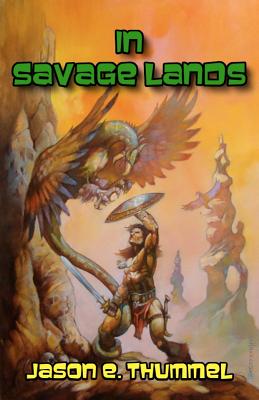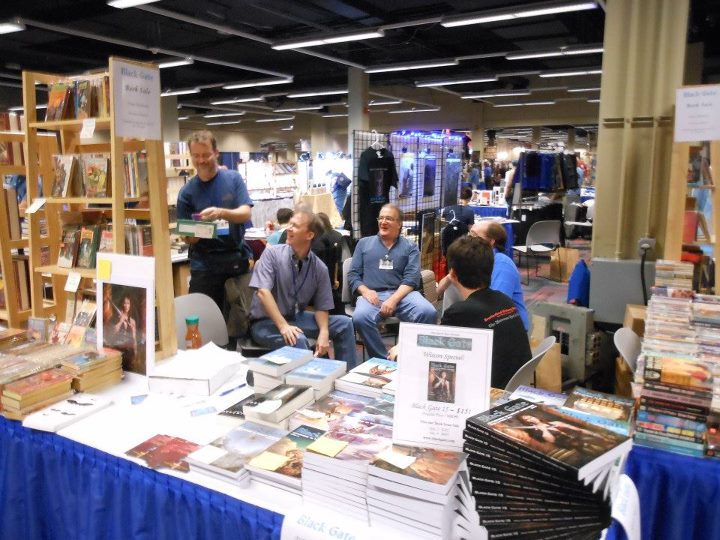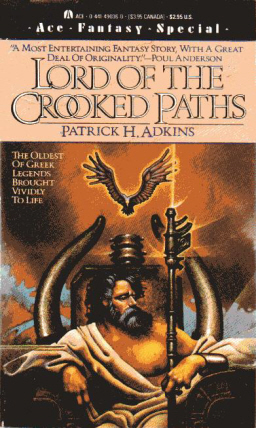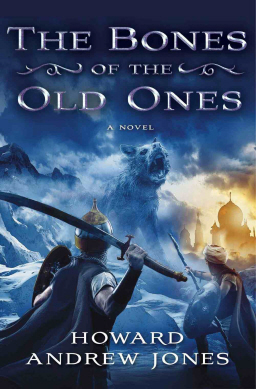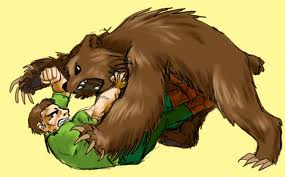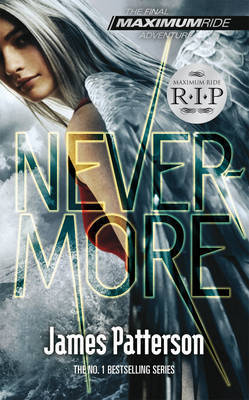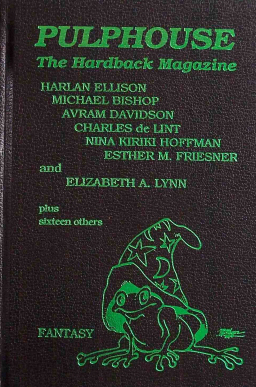Electric Velocipede Launches Kickstarter Campaign to Publish 4 Issues in 2013
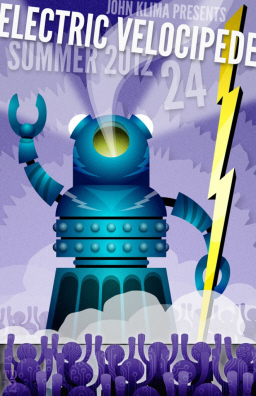 John O’Neill gave me the opportunity to write here and talk a little bit about a Kickstarter campaign that I launched in the week leading up to Worldcon for my magazine Electric Velocipede, an eclectic, speculative fiction magazine. The magazine was founded in 2001 and has published at least two issues (and the occasional double issue) every year since. In 2009, it won the Hugo Award for Best Fanzine. It’s also been nominated for the World Fantasy Award four times and had several of its stories reprinted in year’s best anthologies.
John O’Neill gave me the opportunity to write here and talk a little bit about a Kickstarter campaign that I launched in the week leading up to Worldcon for my magazine Electric Velocipede, an eclectic, speculative fiction magazine. The magazine was founded in 2001 and has published at least two issues (and the occasional double issue) every year since. In 2009, it won the Hugo Award for Best Fanzine. It’s also been nominated for the World Fantasy Award four times and had several of its stories reprinted in year’s best anthologies.
In addition to its critical acclaim, Electric Velocipede has been a place for people to encounter excellent writing that’s just a little different. We particularly pride ourselves on finding new short fiction voices in the field. Among the writers who published early work with Electric Velocipede are Catherynne M. Valente, Hal Duncan, Aliette de Bodard, Rachel Swirsky, Shira Lipkin, and many more.
And it’s not just new voices; established writers have also graced Electric Velocipede‘s pages. Jeffrey Ford, Jeff VanderMeer, Liz Williams, Jay Lake, Alex Irvine, Marly Youmans, Chris Roberson, Genevieve Valentine, Ken Liu, and others have all been here. Here, check out some examples of what we’ve published:
- “Heaven Under Earth” by Aliette de Bodard
- “Cutting” by Ken Liu
- “A Fish Out of Water” by Deborah Fitchett
- “The Art Disease” by Dennis Danvers
- “The Way He Does It” by Jeffrey Ford
- “The Chiaroscurist” by Hal Duncan
We’re looking to raise $5,000 to cover the costs of publishing four issues of the magazine in 2013. We’re putting out two issues in the second half of 2012 (most of issue #24 has come out already), so we’ll already be on a quarterly schedule and ready to continue that pace next year. At the time of writing this, we’ve raised almost 85% of our funding with more than two weeks to go. While reaching our goal looks very much in our grasp, we don’t want to lose our early momentum and miss out on the chance to bring great content to our current and future readers.
You can view complete details on the Kickstarter campaign here.
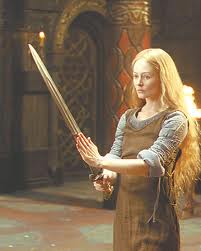 I realized yesterday that my hard learned lesson about publishing (“it’s a long distance run, not a sprint”) can’t help someone dying of cancer. What do you say to someone who will mostly likely be dead before she reaches the age you were when you first got a book contract?
I realized yesterday that my hard learned lesson about publishing (“it’s a long distance run, not a sprint”) can’t help someone dying of cancer. What do you say to someone who will mostly likely be dead before she reaches the age you were when you first got a book contract?